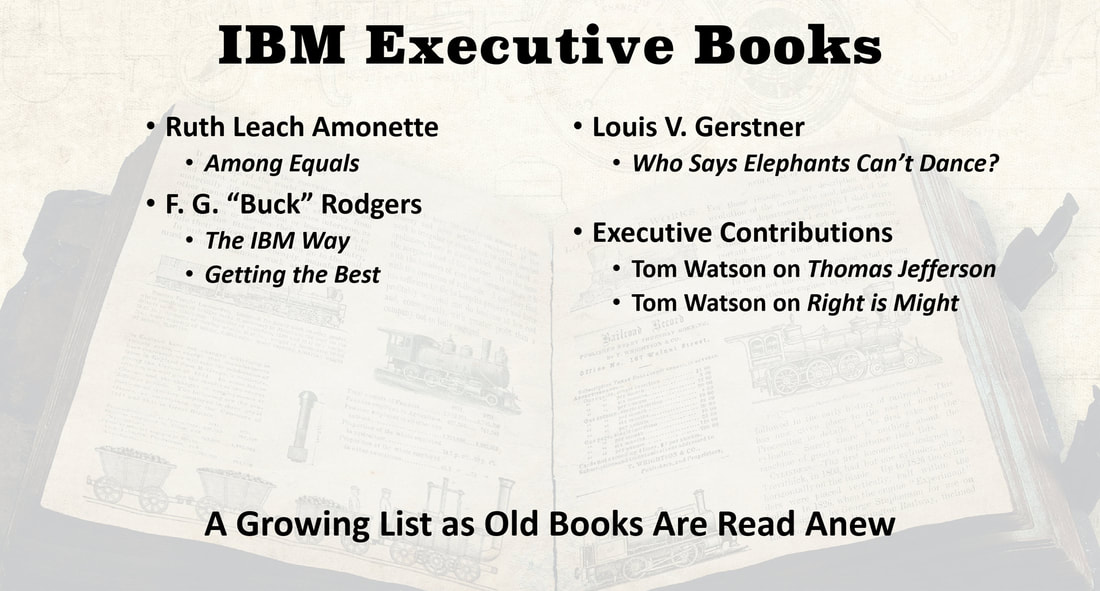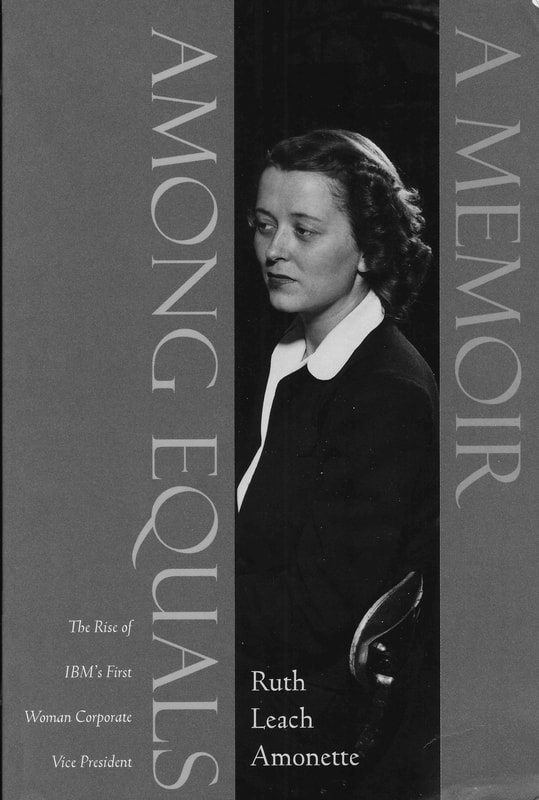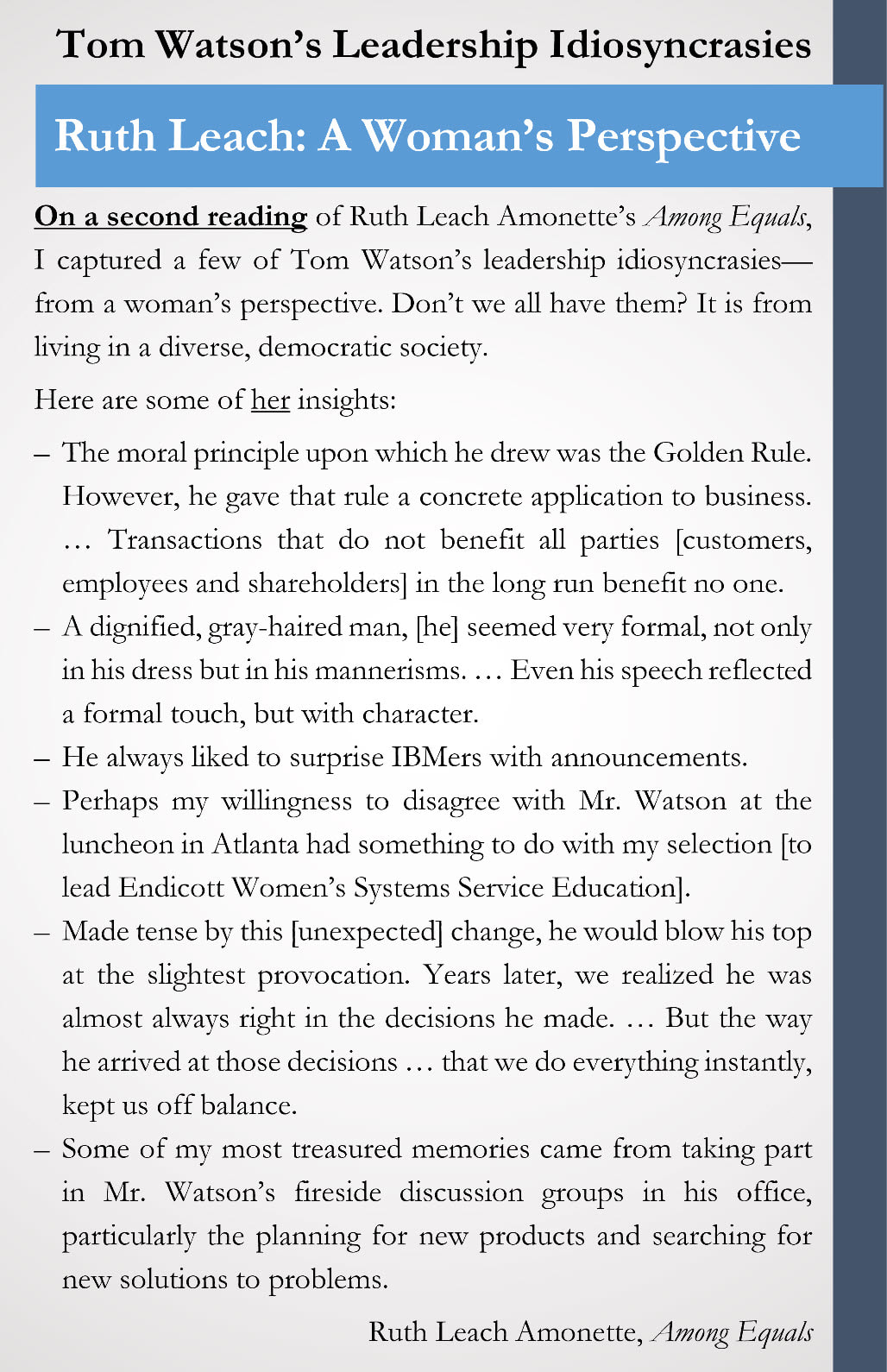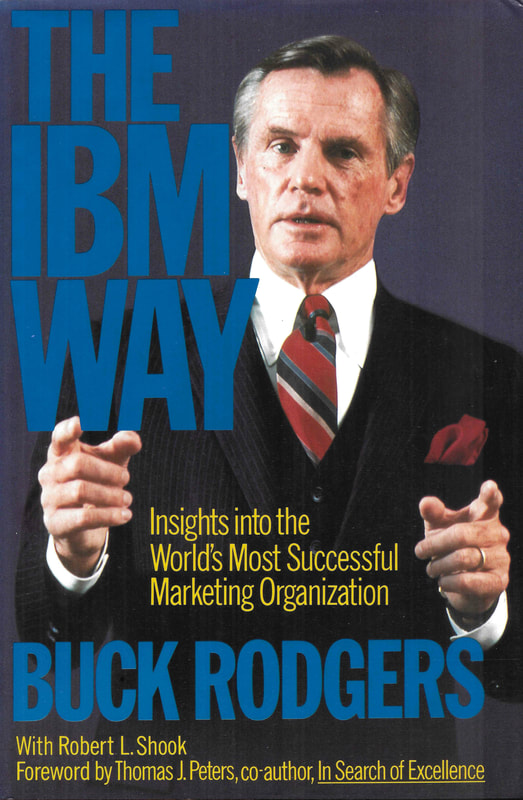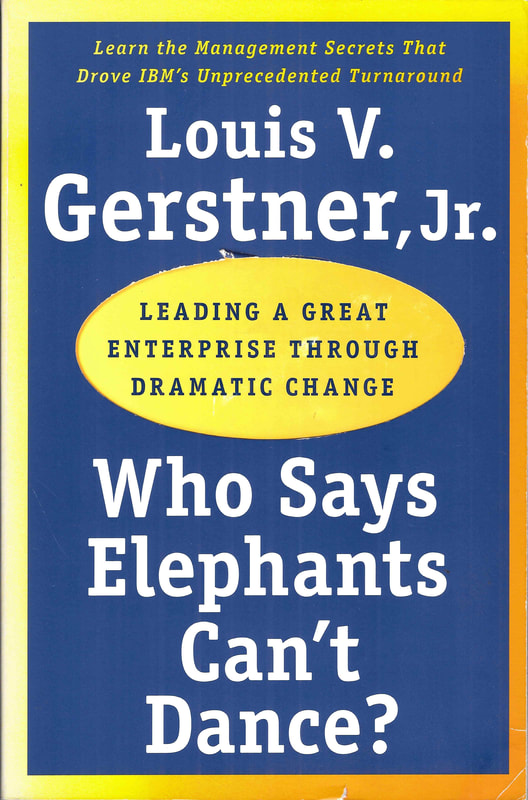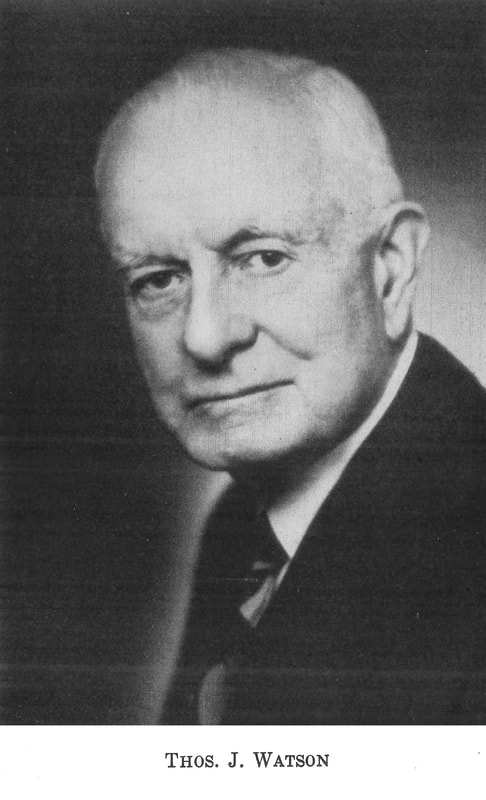IBM Executives' Books
|
|
Date Published: June 4, 2021
Date Modified: June 29, 2024 |
When all the powers of the executive's office would seem to ensure a limitless view, it must be hard for an executive to accept that his or her perspective may be obscured. She has the authority, the access, and the ability to gather information simply by commenting on her need for it. Junior executives, managers, staff and consultants line up before her for their moment in the sun.
But she must be ever on her guard, watching for advisers—sycophants--who say what is easy to hear rather than what needs to be heard, for counselors who place blame rather than accept it, for predecessors concerned with their legacy rather than the business, and for electronic surveys of employee thoughts that cannot replace hearing them in person.
Otherwise she is riding in a fog.
But she must be ever on her guard, watching for advisers—sycophants--who say what is easy to hear rather than what needs to be heard, for counselors who place blame rather than accept it, for predecessors concerned with their legacy rather than the business, and for electronic surveys of employee thoughts that cannot replace hearing them in person.
Otherwise she is riding in a fog.
IBM Executive Books for Research
The View from Above: Executive Insights
Ruth Leach Amonette: Among Equals
Not long afterward, it wasn't her manager or any of the others sitting at the table that got Mr. Watson's personal call - but her. He asked her, "Miss Leach, I called to ask if you will come to Endicott this summer to help teach a sales class of IBM accountants from various offices.''
Her career at IBM had just been kicked started by figuratively kicking IBM's Chief Executive Officer in the teeth. She wrote Among Equals as "a tribute to all of IBM's systems service women who worked so hard during the war years to maintain and protect the revenue of the business while three-quarters of IBM's male sales force served in the armed forces or other war work." |
|
It is of interest to note that Miss Ruth Leach (Mrs. Amonette) continued her outspoken ways after being promoted to Vice President. Consider this excerpt from her speech at the National Association of Manufacturers (NAM), shortly after her promotion, on the topic of "Women in Post-War Industry." This was just a year or so before the world war would end and many women were asking, "What will happen to my job when it does end?" This is not in the book above.
She spoke these words in a room of over 2,000 male executives from the manufacturing industry: "There is, as we all know, a difference in physical strength among men and women—more important in the earlier days than today when electric hoists and conveyor belts and other labor saving devices carry the load. … "Against the fact that a few occupations are unsuited to women should be placed the further fact that on many types of work women do better than men. From my own experience I always have kept in mind the importance of training women for jobs they can do to better advantage than men. … |
"Will the women who have taken jobs because of the war continue in the labor force after the war? … Some will, but most will not. …There will be women who must support themselves and possibly dependents. This number may or may not supplant those who will leave industry for the home after the war.
"What I believe women want is not to keep those jobs but the freedom to keep them.
"I almost said the 'right' to keep them."
"What I believe women want is not to keep those jobs but the freedom to keep them.
"I almost said the 'right' to keep them."
"White Collar Girl," Ruth Mackay, The Chicago Tribune, February 23, 1944
After reading this book, the reader will know that Ruth Leach Amonette didn't always see eye-to-eye with Tom Watson Sr., but one does get the impression that the "old man" knew who he was getting when he initially hired her, observed her growth as an employee, and eventually promoted her into senior management.
To read Tom Watson's perspective after the war, scroll down to the end of an article on this website: [Women in the IBM Workplace]. It isn't a complete perspective yet, but will provide some background on why it took time for IBM to hire married women as readily as single women.
F. G. "Buck" Rodgers: The IBM Way
This is what the modern day IBM has lost. It needs this and the following philosophy back of Mr. IBM's:
I can't stand to work in a world of yes-men. ... I like people who care enough about what's going on to speak up when they don't like what they see. Of course, there are critics and there are critics, but even the worst of them are more stimulating than the best of the yes-men. ... then there's the royal dissenter. He or she offers not only a well-thought-out criticism but also a considered approach to dealing with the problem. Buck Rodgers, The IBM Way, 1986
|
Louis V. Gerstner: Who Says Elephants Can't Dance?
After starting share buybacks in 1995 (that continued for over two decades just recently ending in 2019) and restarting shareholder yearly dividend increases in 1996, he refused to share the new profits generated with those that truly turned the company around: the employees. In 1999, he started a two-decade long transferal of wealth from the IBM employees' pension plans worldwide to his wallet and those of his executives. Depending on how you look at it, shareholder-first and -foremost or me-first and -only had gained its first foothold in IBM that Sam Palmisano only took to its logical extreme. Lou, Sam and Ginni were all capitalist-minded chief executives, not industrialist-minded leaders.
Gerstner's book overlooks two very important contributing factors to his success as CEO: (1) The Great Expansion, the longest U.S. economic expansion ever measured by the National Bureau of Economic Research (NBER) and (2) the culture of the Watsons that refused to let IBM die, and with the right leadership words, restored IBM to financial health in a single year.
|
Tom Watson Sr.'s Views in Other Books
Thomas J. Watson Sr.: On Thomas Jefferson
It is fascinating to read how a very divergent group of people saw one of the great founders of our country. Here are a few of the articles with Watson Sr.'s listed first:
|
Thomas J. Watson Sr.: On the "Essence of Civilization"
"We have tried for ages to prove that might is right, and it has put us where we are today. Now let us prove that right is might, and that it must prevail. … If the people of each country will look upon the people of other countries as their neighbors and friends and have their interest at heart, we will have less political tension and economic strife."
The business leaders of the world heard a man seeking a path to peace, but the speech found four too many political leaders with deaf ears, and eyes focused only on war: Hitler, Mussolini, Hirohito and Stalin. |
